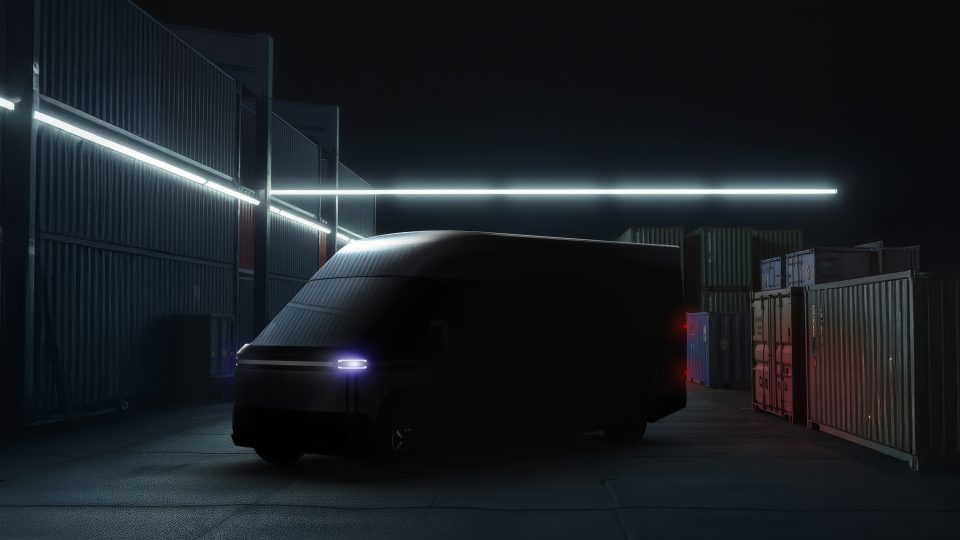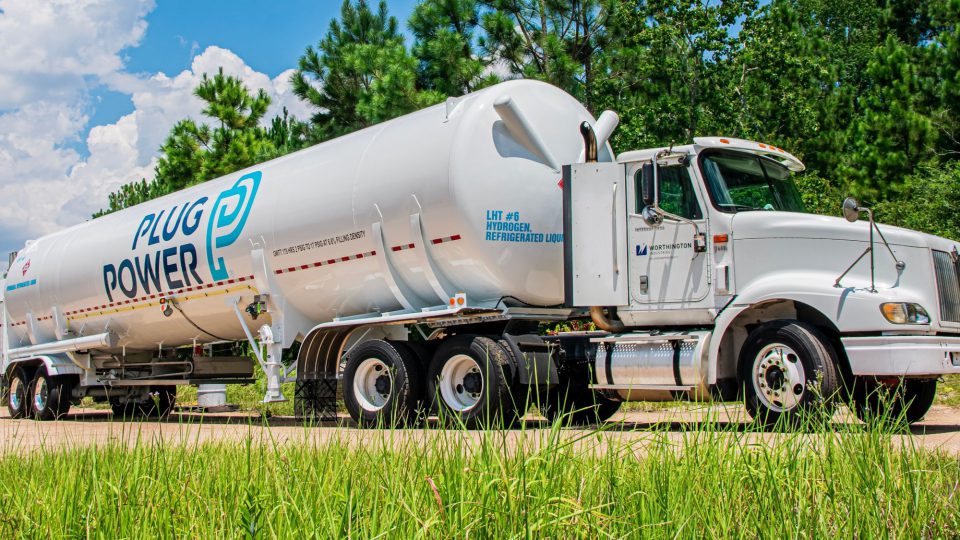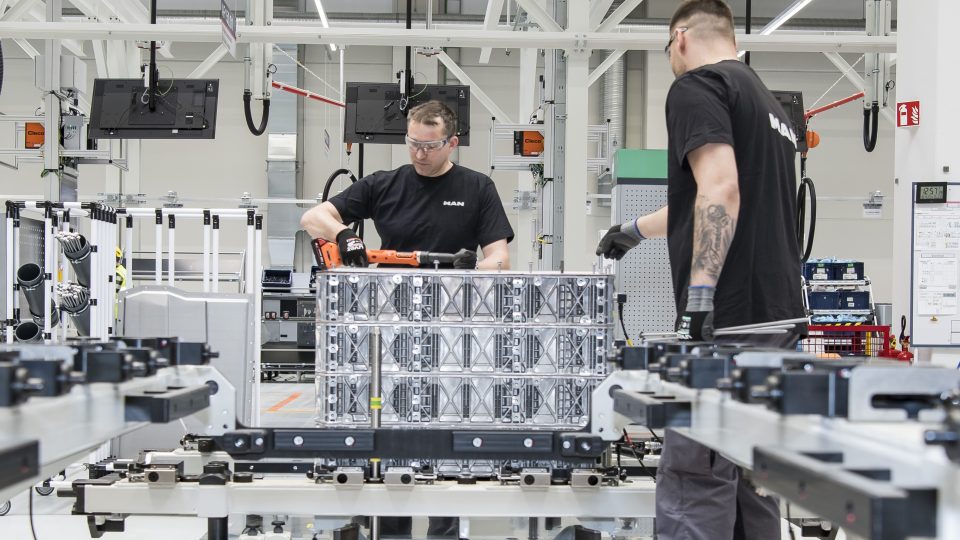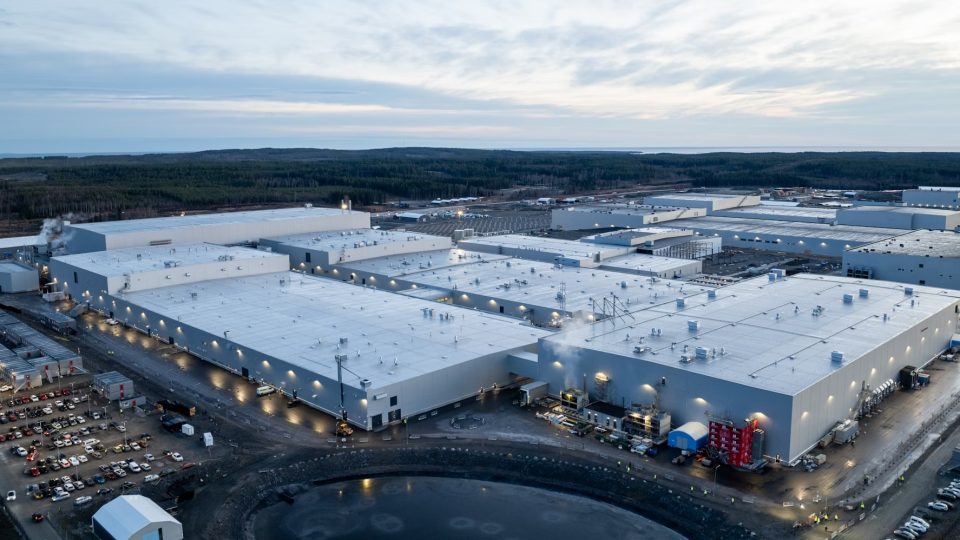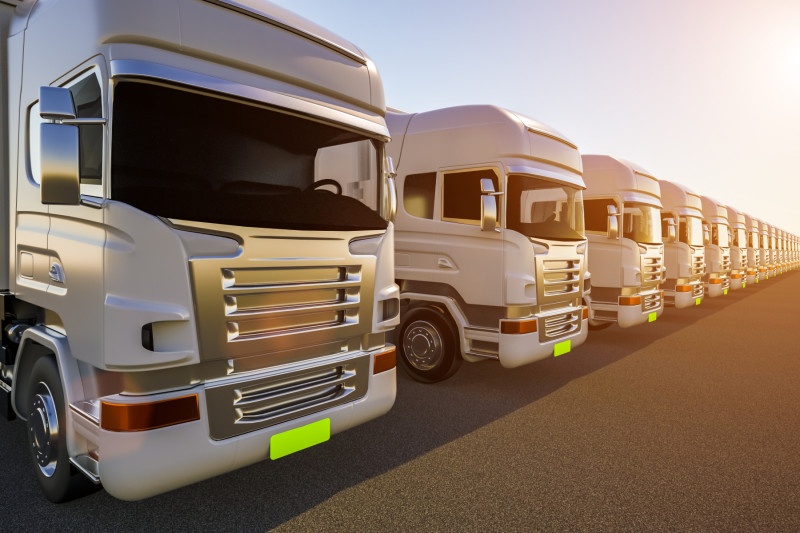Bosch and cellcentric, a long-term agreement for fuel cell components supply
The agreement deals with the supply of electric air compressors with integrated power electronics. These will be part of the cellcentric fuel-cell system that will feature in heavy trucks and stationary applications in the future. According to cellcentric, large-scale production is set to begin from around the middle of the decade.
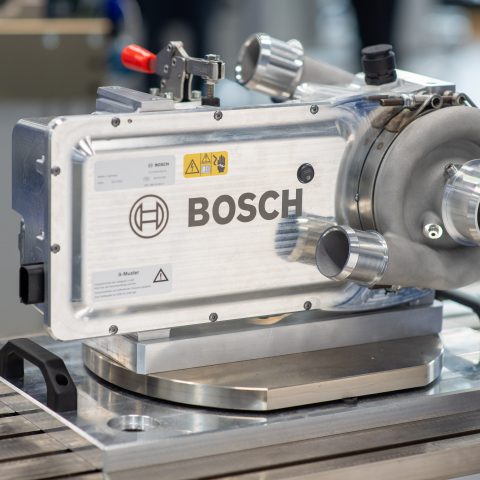
Bosch and cellcentric have signed a long-term agreement, according to which the German manufacturer will supply hi-tech fuel cell components to cellcentric. As we explained in this post published on Powertrain not long ago, the latter is a newly-created joint venture between Daimler Truck and Volvo Group, aimed at cooperating on fuel cell development and manufacturing.
The agreement deals with the supply of electric air compressors with integrated power electronics. These will be part of the cellcentric fuel-cell system that will feature in heavy trucks and stationary applications in the future. According to cellcentric, large-scale production is set to begin from around the middle of the decade.
A huge effort by Bosch to comply with cellcentric requirements
«Bosch is devoting a huge effort to developing this component. For example, we have 15 cross-divisional teams working to commercialize the electric air compressor», said Uwe Gackstatter, president of the Bosch Powertrain Solutions division.
Bosch offers the air compressor in two power classes, 20 and 30 kilowatts. The 30-kilowatt class is rated for voltages from 450 to 850 volts, while the 20-kilowatt class is rated for either 250-450 volts or 450-850 volts. The compressor wheel reaches speeds of more than 100,000 rpm. «The combination of a high-speed electric motor with integrated power electronics enables easy system integration at competitive manufacturing costs», added Gackstatter. In addition, the silicon carbide semiconductors used in Bosch power electronics make this powerful component particularly efficient.
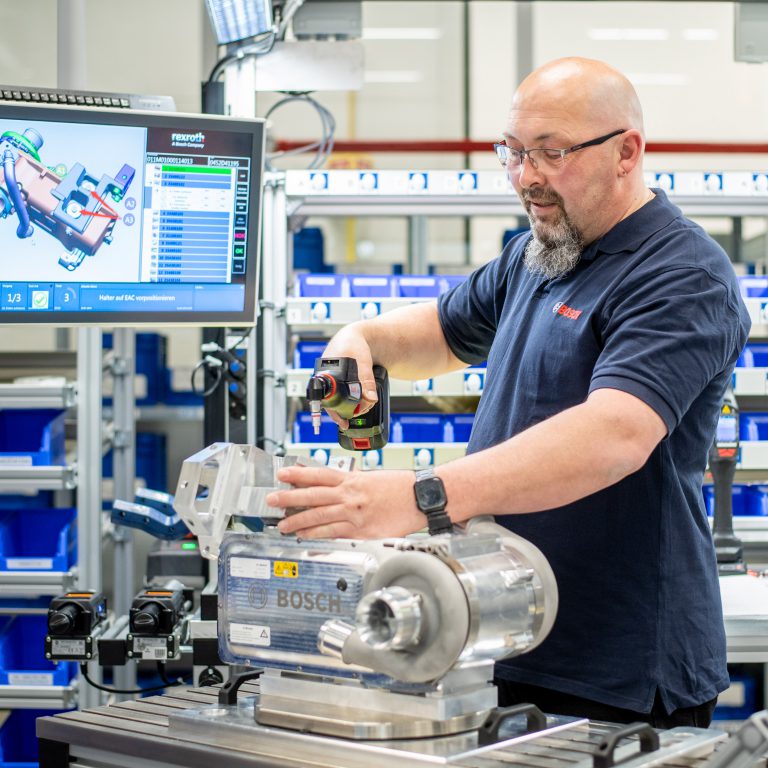
Bosch believes in hydrogen for the near future
Indeed, Bosch is making considerable upfront investments in hydrogen-related components development. From 2021 to 2024, the company plans to invest around 600 million euros in mobile fuel-cell applications and a further 400 million euros in stationary ones for the generation of electricity and heat. The portfolio for vehicles ranges from individual sensors to core components such as the electric air compressor and the stack to the complete fuel-cell module.




